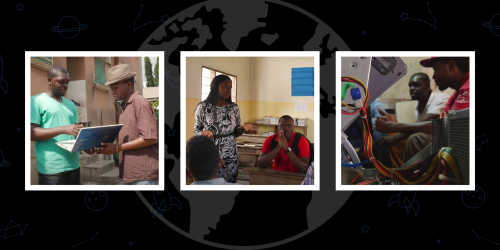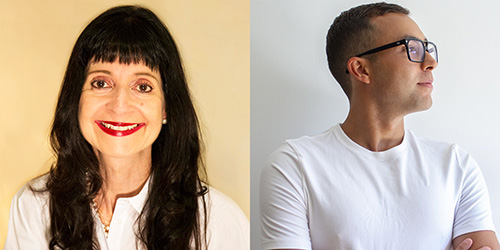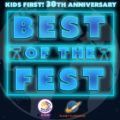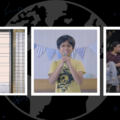Ebben a hónapban, a közönség képernyőzhet Ajándék a Planet Classroom Networkön. Ezt a filmet a Planet Classroom gondozta.
Ajándék, directed by Elizabeth Hansen, is a powerful documentary that highlights the transformative work of TYLEV—Tanzania Young Leaders Empowering Vijana. AJ Martinez was the film’s cinematographer, and Cristian Perez-Lopez its editor.
Focusing on mentorship, skill-building, and community improvement, the film showcases inspiring stories, including that of Isiaka, a mentor overcoming personal challenges. It is a must-watch for its impactful storytelling.
A Global Search for Education is pleased to welcome Cristian Perez-Lopez.
What unique challenges did you guys face while capturing the raw and authentic moments of the TYLEV participants, and how did you overcome them?
Whenever we were filming TYLEV participants, we had to make sure we were always listening to and being patient with their vulnerability to us. We wanted to make sure we were treating them comfortably and ethically while helping them guide their stories to have more of a cinematic punch, to the extent that we did reshoots of two critical interviews. Ennek ellenére, we were always mindful of how our presence within their culture and environment could influence the way our participants behaved and presented themselves to us. We always made sure they knew we were there for them, for their stories, and their experiences.
How did you approach the cinematography to highlight the cultural context and everyday experiences of the Tanzanian youth involved in TYLEV?
During that time, we utilized a GH4 camera, which was considered the pinnacle of DSLRs at the time, offering versatility and technical prowess akin to a Swiss army knife. When shooting a documentary in a foreign country, maintaining mobility and inconspicuousness while delivering high-quality imagery is paramount. We opted for 4K filming to afford greater flexibility in post-production. Embracing raw lighting emphasized the beauty of the spaces we explored with the TYLEV kids. In addition to the GH4, I brought along a DJI Phantom drone, a logistical challenge to transport through security in Dubai and Tanzania, but ultimately rewarding. One standout shot was a bird’s-eye view capturing the Tanzanian favelas with their tin rooftops—a visually striking image encapsulating the essence of Tanzania’s beauty and culture in every pixel of the frame.
What techniques did you use in editing to ensure the film’s narrative accurately conveyed the transformative journey of the TYLEV participants?
One of the first thoughts both the director and I had was that we wanted to approach this not just as a documentary, but also as a music video since our main character has a passion for media and music. I had to put a lot of thought into which moments could have the rhythmic, bombastic editing style of a music video and which moments needed traditional editing techniques that allow the audience to linger with the words, thoughts, and images of our participants—almost like I was editing a musical!
Can you share a memorable moment from the filming process that had a significant impact on you and influenced the way you crafted the film?
There was a night when the participants of TYLEV and the crew dined together at one of the participants’ homes. It was an essential moment where we were all able to put aside the reasons that brought us together in the first place to solely engage with one another. We had a feast for kings, laughed the night away like hyenas, played music around a bonfire, and solidified genuine trust in each other. It was this moment that not only influenced the way we all approached the rest of production and post-production but also reminded me of the power of filmmaking when the human condition is forefront and center.
Köszönöm, Cristian!
C. M. Rubin with Cristian Perez-Lopez.
Ne hagyd ki Ajándék, most a Planet Classroom Networkön közvetítjük. Ezt a filmet a Planet Classroom gondozta.







Legutóbbi hozzászólások